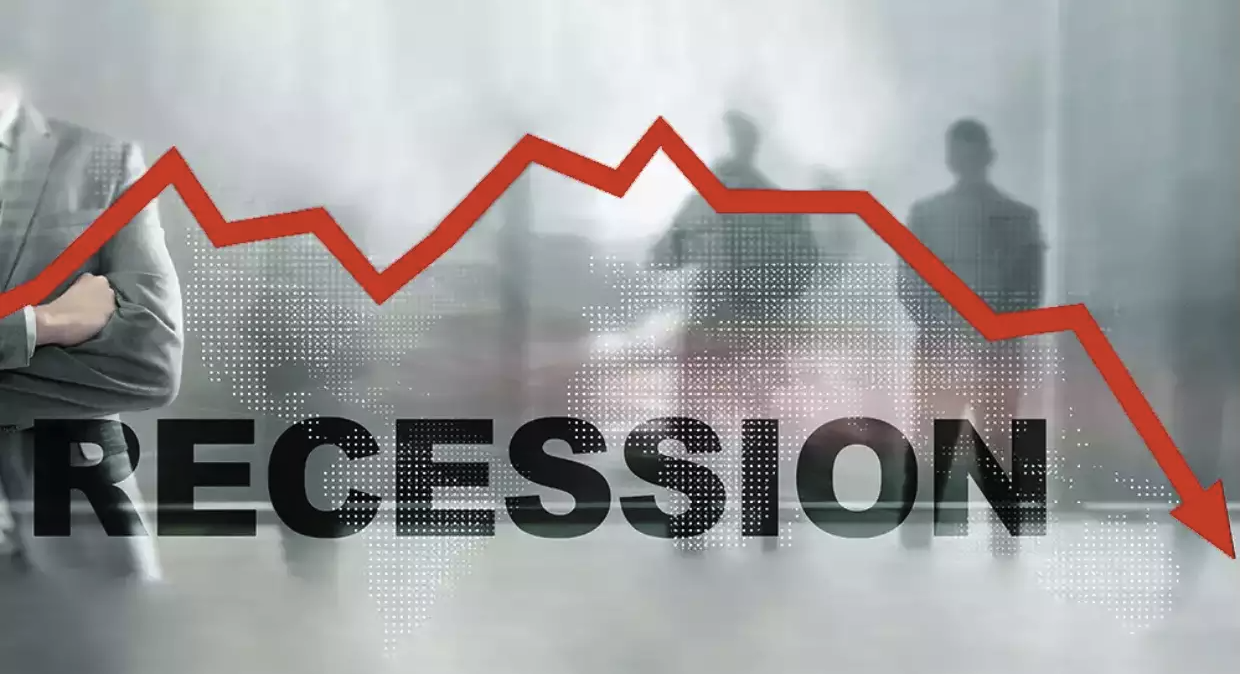Germany, Europe’s largest economy, officially entered a recession in early 2023. The downturn came after a 0.5% GDP decline in the fourth quarter of 2022, followed by a further 0.3% drop in the first quarter of 2023. This economic contraction was primarily attributed to the energy price shock of the previous year, which greatly affected consumer spending. Experts suggest that the repercussions of Russia’s invasion of Ukraine, coupled with their subsequent control over gas supplies to European countries, played a significant role in escalating energy prices, thereby throttling the German economy.
Impact on Cryptocurrency
There are mixed opinions on the impact of this recession on the cryptocurrency market. Some cryptocurrency enthusiasts suggest that a possible drop in interest rates by Germany to stimulate its economy could trigger an influx of investment into cryptocurrencies, potentially initiating a crypto bull market. This sentiment is buoyed by the observation that the annual inflation rate in Germany slowed in April 2023, although it remained high at 7.2%, pointing to easing pressures on consumers’ pockets.
However, the cryptocurrency community also presents some bearish sentiments, with some members arguing that the recession could induce a temporary negative effect on cryptocurrencies. The argument here is that “all speculative markets will lose ground” in an economic downturn. Nevertheless, advocates for dollar-cost averaging (DCA) argue that this downturn could offer an opportunity for savvy investors to capitalize on lower asset prices. The historical precedent of Bitcoin reaching unprecedented all-time highs during the economic challenges of the COVID-19 pandemic also provides some optimism.
Beyond Germany’s borders, global trends like the anticipation of further interest rate hikes in the United States have stirred bearish sentiments in the crypto market, with digital asset outflows reported globally.
Looking forward, the German recession underscores the speculative nature of cryptocurrencies and the complexities of how traditional economic events can impact digital assets. As the global economic climate continues to shift, it will be fascinating to watch how the cryptocurrency market navigates these uncharted waters.
It’s worth noting that Germany’s recession may prove short-lived, with business activity expanding again in May, and optimism expressed by the German Chancellor Olaf Scholz about the economy’s outlook. However, there are also forecasts of continuing output shrinkage in the third and fourth quarters of 2023, due to factors such as higher interest rates and weakened demand in other developed economies.
